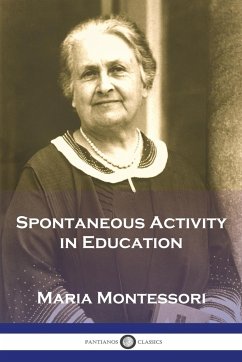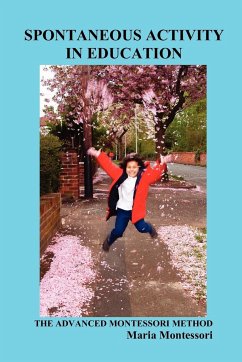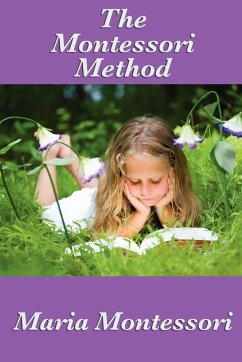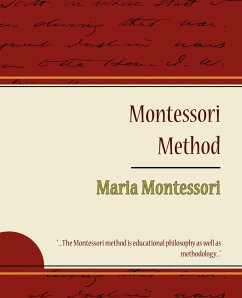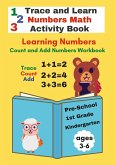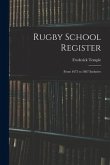Spontaneous Activity in Education details the principles of Maria Montessori's educational philosophy, allowing the reader to grasp her unique and innovative style of teaching. Published in the early 20th century and translated to English in 1917, this manual of education contains a step-by-step account of the approach Montessori took in teaching youngsters. Although a doctor by trade, Montessori held a profound interest in the development of young people's minds, and how best to ensure they fulfill their academic potential. To this end, she devised a system of education which aims to give every child the best chance of success, irrespective of their individual capacity for learning. In this book, the Montessori system is explained in terms useful for parents and teachers alike. Explaining the nature of a child's life, Montessori discusses her personal contributions to experiments in education, and how when these were applied correctly the achievement and advancement of children was improved versus other educational methods of the time. Montessori notes that teachers must themselves be prepared and passionate for what they do, and that the environment in which children learn must itself encourage the learning process. Examinations on individual children's will to learn, their attention spans, intelligence and perception, plus their imaginative capacities all comprise their own in-depth chapters. This edition of Spontaneous Activity in Education possesses all the tables and diagrams Montessori originally used to demonstrate her points. End notes are appended at the conclusion of the book for ease of reference throughout the text.
Hinweis: Dieser Artikel kann nur an eine deutsche Lieferadresse ausgeliefert werden.
Hinweis: Dieser Artikel kann nur an eine deutsche Lieferadresse ausgeliefert werden.

